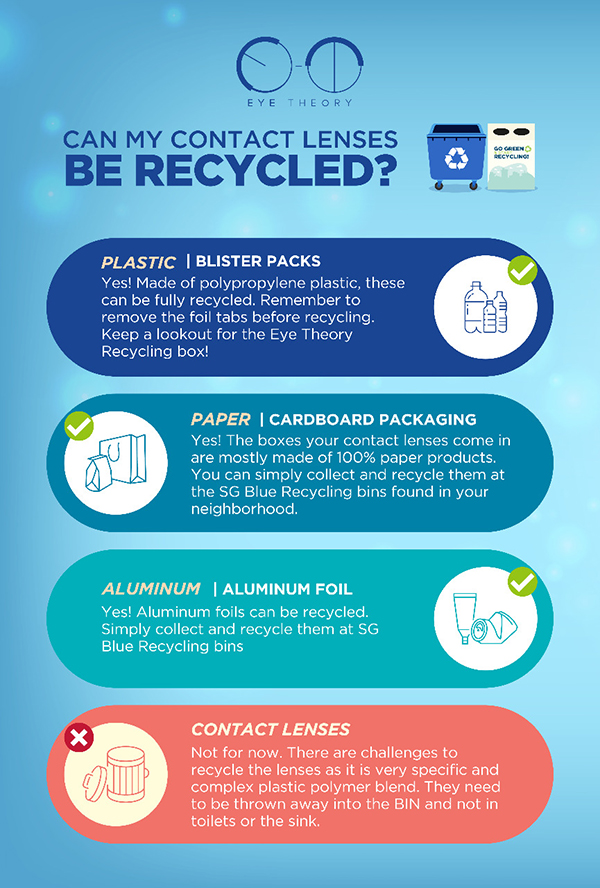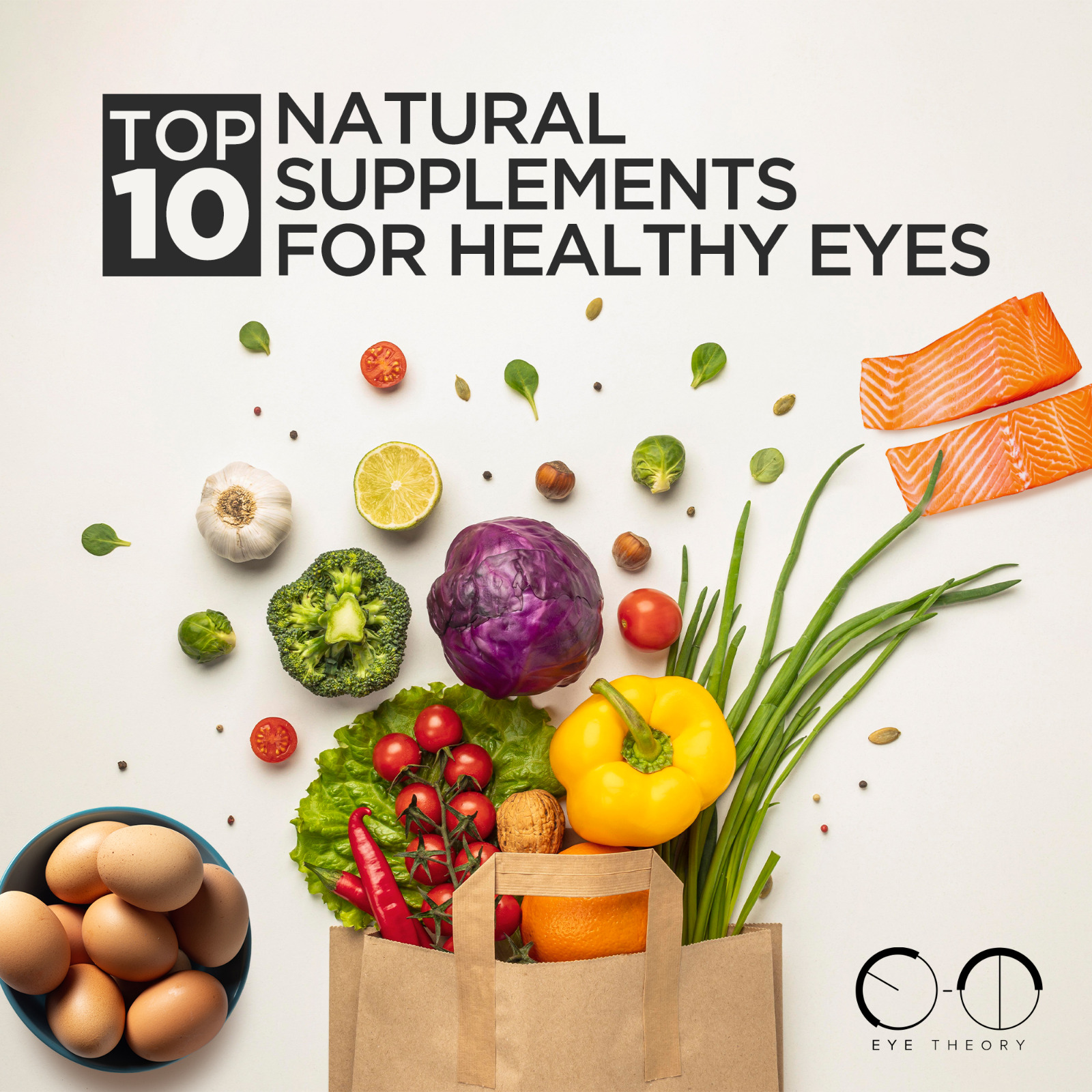
Our eyes are our windows to the world, and keeping them in optimal health is a top priority. While we often hear about the importance of regular eye exams and wearing sunglasses to protect our vision, what we eat also plays a significant role in maintaining good eye health. In this article, we’ll explore 10 natural supplements and foods that can help keep your eyes in tip-top shape.
1. Carrots – A Classic Choice
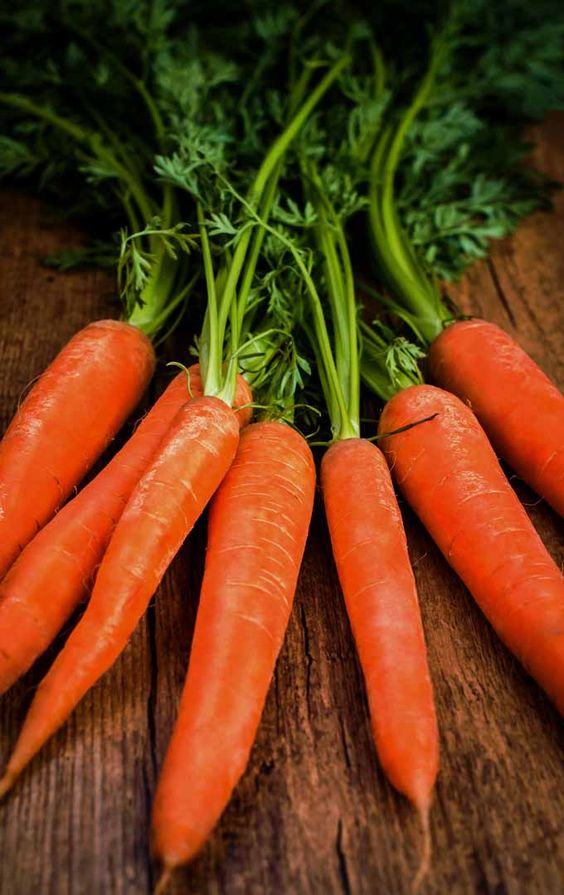
You’ve likely heard the old adage that carrots are good for your eyes. It turns out, there’s truth to this claim. Carrots are rich in beta-carotene, a type of vitamin A that is essential for good vision. Vitamin A helps the eye convert light into a signal that can be transmitted to the brain, which is crucial for seeing in low-light conditions.
2. Leafy Greens – A Feast for the Eyes
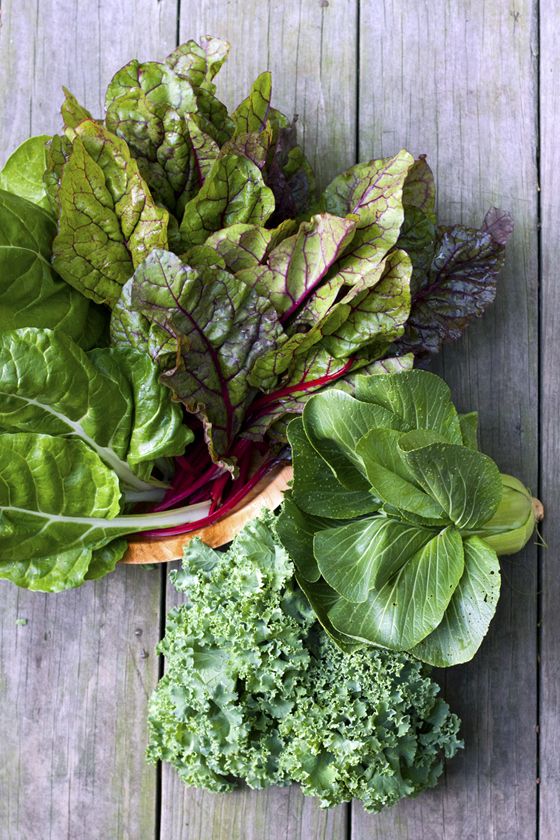
Leafy greens like spinach, kale, and collard greens are packed with antioxidants such as lutein and zeaxanthin. These compounds protect the eyes from harmful high-energy light waves like ultraviolet rays. Lutein and zeaxanthin also help reduce the risk of chronic eye diseases, including age-related macular degeneration (AMD) and cataracts.
3. Fatty Fish – Omega-3 Goodness
Fatty fish like salmon, mackerel, and trout are rich in omega-3 fatty acids. Omega-3s offer numerous benefits, including reducing inflammation, improving dry eye symptoms, and enhancing retinal function. These essential fatty acids also support the development and maintenance of eye health.
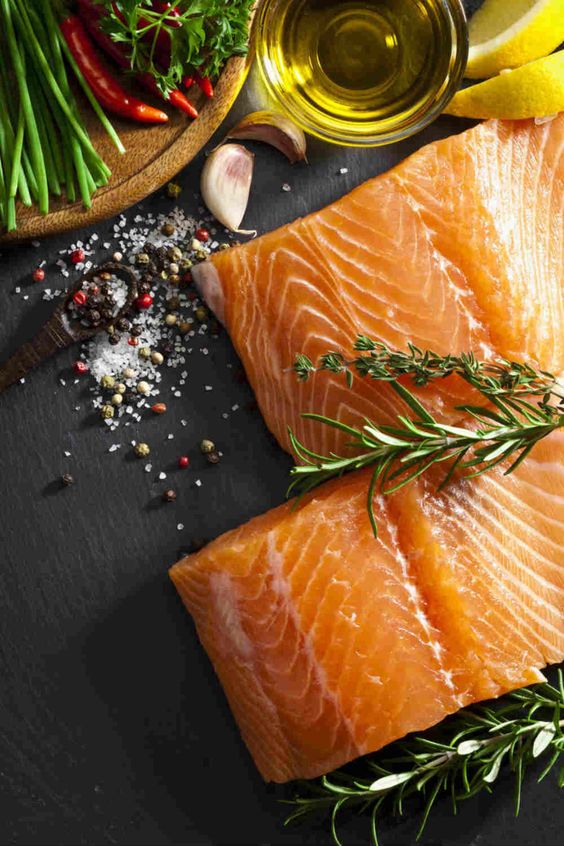
4. Nuts and Seeds – A Crunchy Eye Snack
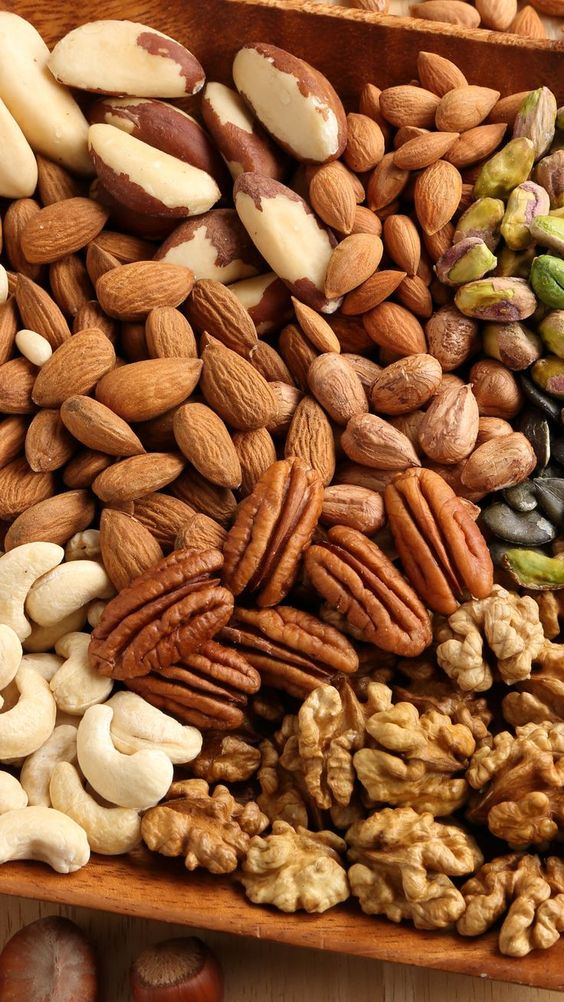
Almonds, walnuts, and flaxseeds are fantastic sources of vitamin E. Vitamin E is an antioxidant that protects the eyes’ cells from damage caused by free radicals. It can also help prevent cataracts and age-related macular degeneration.
5. Citrus Fruits – A Zesty Choice
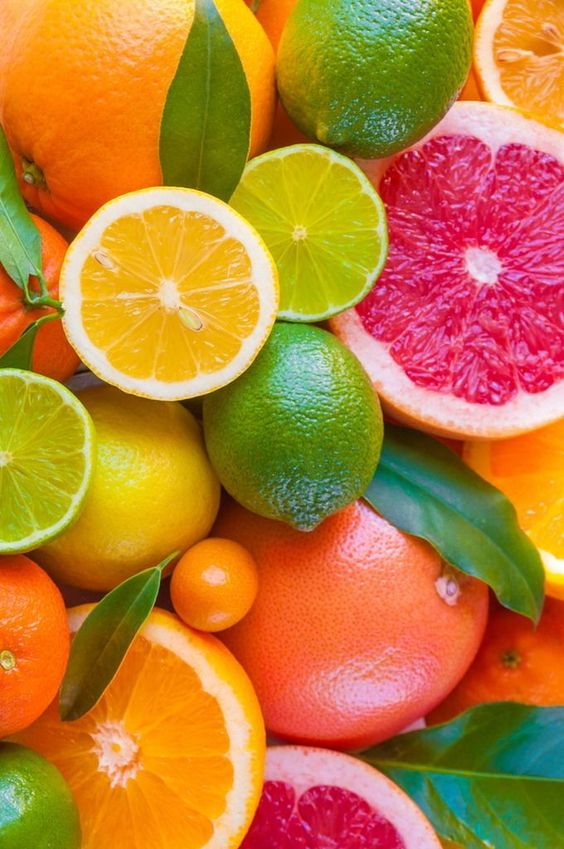
Citrus fruits like oranges, lemons, and grapefruits are high in vitamin C, a powerful antioxidant. Vitamin C is known to improve blood vessel health in the eyes and reduce the risk of cataracts. Including these fruits in your diet can help maintain the integrity of your eye’s blood vessels.
6. Eggs – A Protein-Packed Option
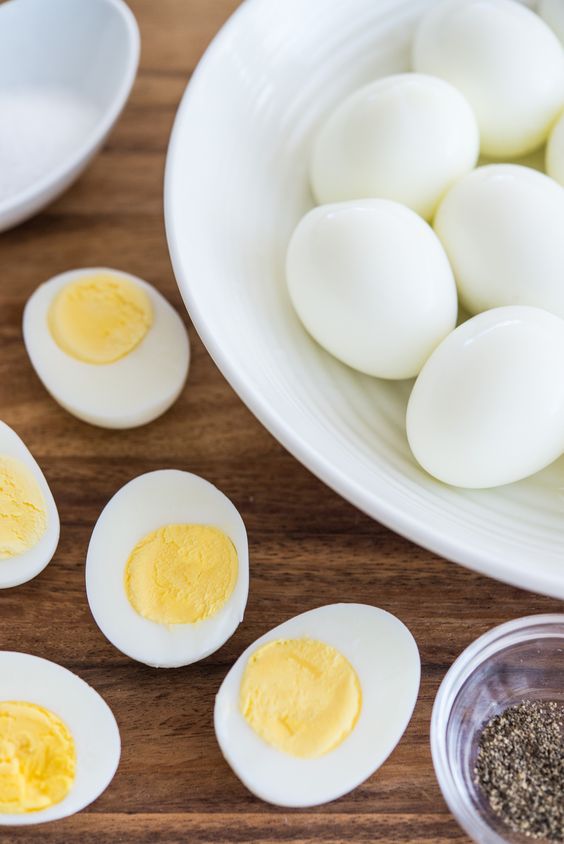
Eggs are a rich source of zinc, which is a mineral that helps maintain overall eye health. Zinc is concentrated in the retina and plays a role in the function of enzymes that are essential for the eye. It’s especially important in preventing age-related macular degeneration.
7. Colorful Berries – A Berrylicious Treat
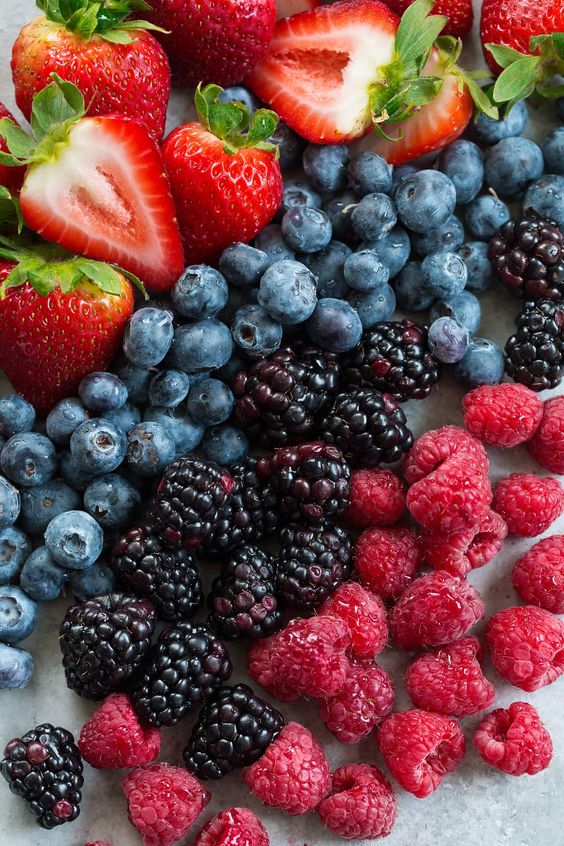
Berries like blueberries and strawberries are loaded with antioxidants. The compounds found in these fruits help protect the eyes from oxidative stress. They also contain vitamin C and vitamin E, making them a triple threat for eye health.
8. Garlic – A Flavorful Defender
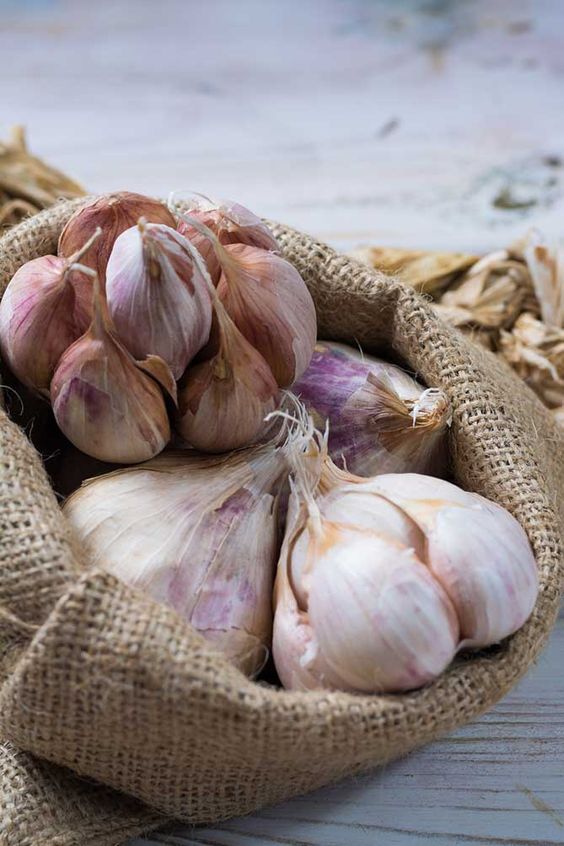
Garlic isn’t just for adding flavor to your dishes; it’s also an excellent source of sulfur, a mineral that boosts the production of glutathione, an antioxidant that supports the lens of the eye. This can help prevent cataracts.
9. Sweet Potatoes – The Eye’s Sweet Delight
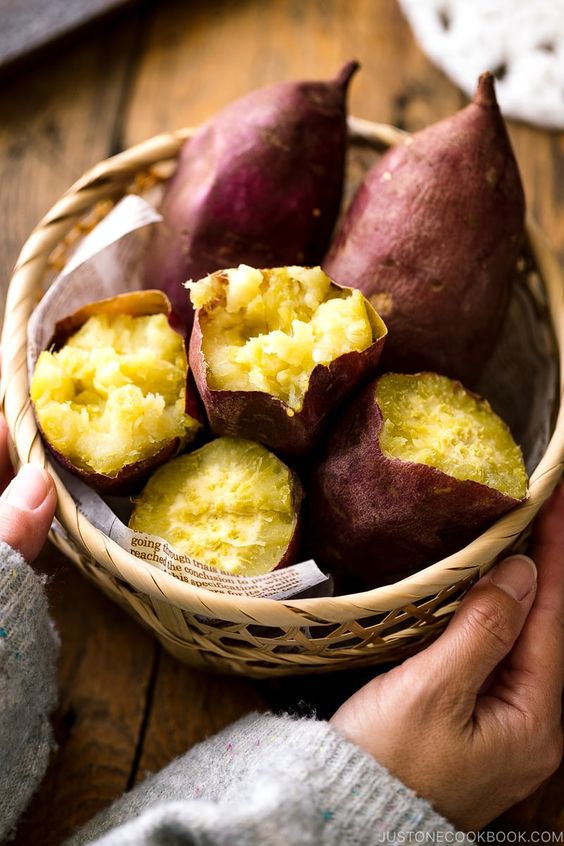
Sweet potatoes are packed with beta-carotene, much like carrots. The body converts beta-carotene into vitamin A, which plays a pivotal role in maintaining good vision. Sweet potatoes are a delicious and nutritious addition to your diet.
10. Broccoli – A Cruciferous Champion
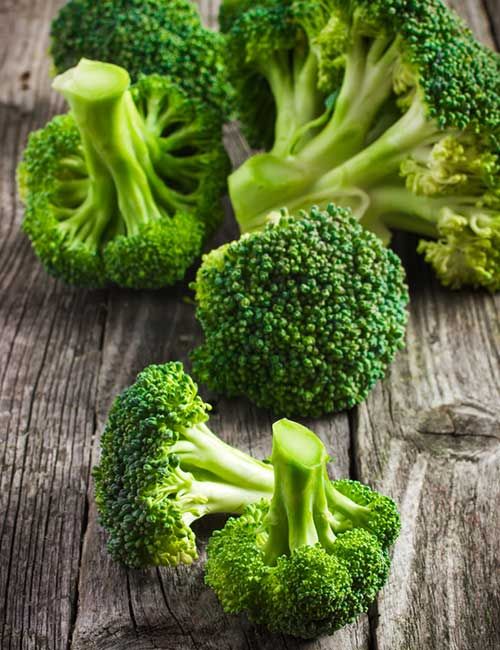
Broccoli is a part of the cruciferous vegetable family and contains an abundance of antioxidants. These antioxidants, including vitamin C, beta-carotene, and sulforaphane, can help protect the eyes from damage and reduce the risk of cataracts.
Maintaining good eye health isn’t just about annual check-ups and protective eyewear; it’s also about what you put on your plate. Including these natural supplements and foods in your diet can go a long way in preserving your vision. So, remember to savor those leafy greens, feast on fatty fish, and indulge in colorful berries. Your eyes will thank you for the nourishment and care they receive.
It’s important to note that while these foods can contribute to better eye health, they aren’t a replacement for professional eye care. Regular eye check-ups and consultations with an optometrist or ophthalmologist remain essential for maintaining optimal vision and preventing eye-related conditions. Your eyes are precious; take care of them with both the right foods and professional care.

